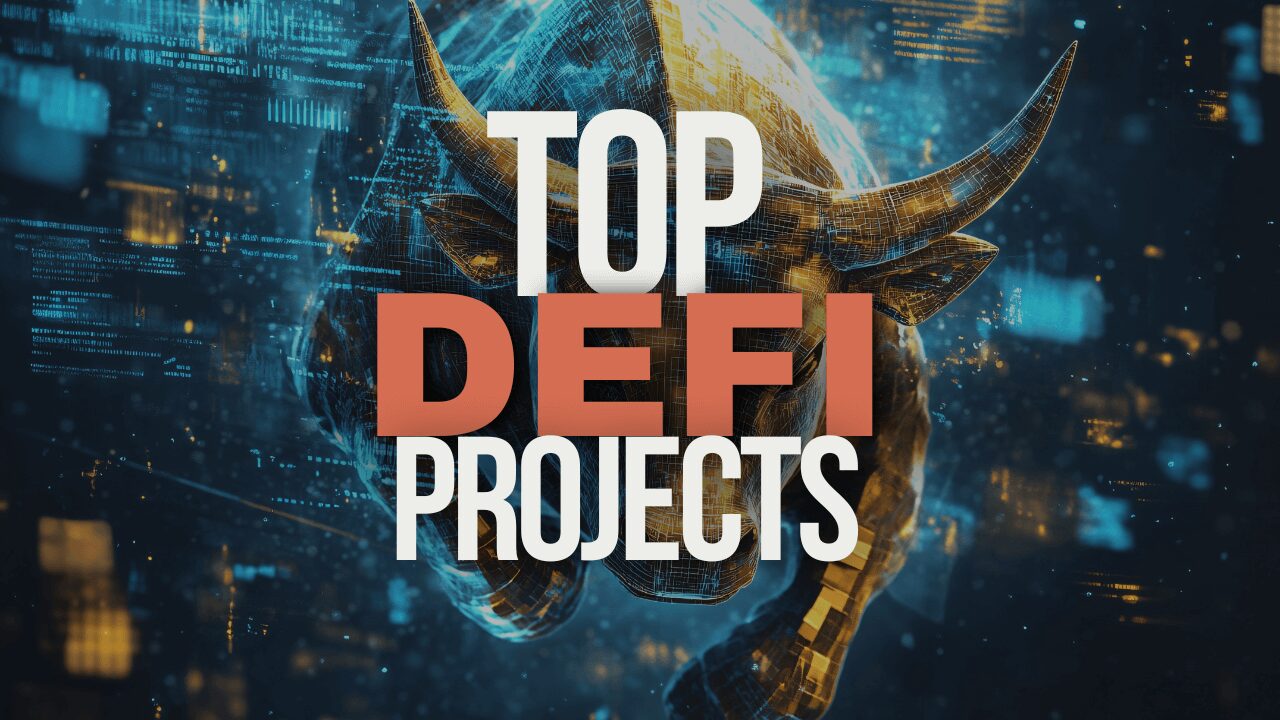Despite the correction of the crypto market, the DeFi segment is attracting more and more investor funds. We tell you the most relevant events in the industry over the past month and a half.
The total amount of blocked funds (TVL) over the past 2 weeks has increased from $ 89 billion to $ 110 billion, according to DeFiLama. Venture capital investments in the sector are growing, and institutions are also connecting to the use of DeFi.
News of projects on Polygon and Ethereum
The Shiba mem token launched the Shibaswap decentralized exchange on July 6. The total amount of blocked funds on the very first day exceeded $ 1 billion. Due to the launch of Shibaswap, the price of Gas in the Ethereum network increased.
The exchange is available to swap the Shiba ecosystem tokens: Shiba, Bone and Leash coins, as well as their farming. The more advanced version assumes the possibility of staking and providing liquidity.
However, analysts have found vulnerabilities in Shibaswap smart contracts, which allow the creators of the exchange to withdraw all liquidity from the pools and devalue user investments.
AMM Protocol Balancer was the first to announce the launch of stable pools. Balancer Labs CEO Fernando Martinelli explained that thanks to this innovation, traders will be able to make deals with both pools with lower commissions.
The DeFi Option Protocol on Ethereum Opyn rebranded in June and implemented a new margin trading system for partially collateralized options.
The Cream Finance landing protocol launched in June on the Polygon blockchain. More and more DeFi projects running on Ethereum are integrating with this blockchain, with a total amount of blocked funds of $ 7.8 billion.
In June, Polygon introduced the versatile Avail tool, which aims to solve the problem of fraudulent activities in data encryption and thereby move forward in solving one of the main problems of blockchain technology. Avail could also positively impact Polygon’s DeFi scaling capabilities.
Investments
Despite the correction in the crypto market, DeFi projects continue to actively attract investment. In early July, San Francisco-based DeFi aggregator with Russian roots, Zerion, raised $ 8.2 million in its A investment round.
Also at the beginning of the month, $ 1.5 million was raised by the Tranchess protocol, which is completing the development of its DAO. On June 24, he started working on the Binance Smart Chain blockchain.
The project documentation states that this is a protocol for asset tokenization and derivatives trading. More than $ 1.7 million was raised in a private round by the Emiswap decentralized exchange, launched this spring.
The Yield protocol raised about $ 10 million in Round A. Together with Paradigm, Framework Ventures, CMS Holdings and DeFi Alliance are among the project’s investors.
The funds received will be used to create a new version of the protocol, integrate with MakerDao and reduce transaction costs.
Hacks and scams
The high launch speed of DeFi, a large amount of liquidity of interest to hackers, continues to lead to the fact that DeFi becomes victims of hacks or disappears.
The BeltSwap and Burger Finance protocols on the Binance Smart Chain blockchain underwent major hacks worth millions of dollars in late May.
At the end of June, on the same blockchain, the Impossible Finance protocol was subjected to a flash loan attack, as a result of which the attackers withdrew 229 ETH, which is estimated at about $ 0.5 million.
Also, the Safe Dollar stablecoin on the Polygon blockchain has recently become a victim of a cyberattack. During the attack, 202 thousand USDC and 46 thousand USDT were withdrawn from the smart contract, providing the price of the stablecoin.
DeFi for Institutions
In recent months, participants in the DeFi market have set their sights on grabbing the attention of institutional investors and regulators.
At the end of June, Compound introduced Compound Treasury, a product aimed at traditional financial institutions. The Compound blog says the new product will allow “non-cryptocurrency companies and financial institutions to take advantage of the protocol.”
The world’s first DeFi regulated protocol, Swarm Markets announced in early July that it had begun attracting liquidity providers and has already raised over $ 15 million from 250 investors.
The company is licensed by the German Federal Financial Supervision Authority (BaFin). The aggressive implementation of options and the creation of the first regulated DeFi speaks to the convergence of DeFi with the traditional financial market.
The launch of the Shyft Network of its public blockchain protocol also speaks of the trend in creating solutions for the implementation of regulation in the DeFi sphere.
The Shyft platform plans to implement solutions for decentralized identity identification, confirmation of the legality of cryptocurrency transactions, and wants to make DeFi compliant with regulatory requirements.
In the near future, the Coinbase exchange can add DeFi services for its users, which already provides the possibility of deposits in USDC at 4%.
Read Also ***The Benefits and Risks of Smart Contracts
***How the Solana works? History, perspectives, criticism

